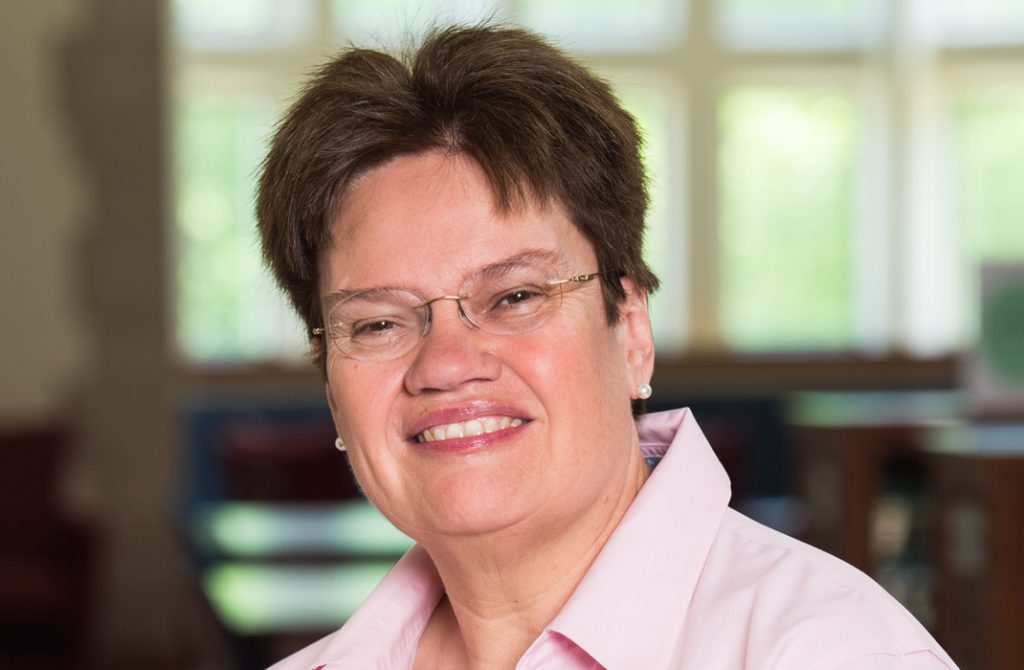In the wake of the 2008 financial crisis and the ensuing recession, Congress passed the Dodd-Frank Act to make sure easy money and loose credit regulation never happened again. As part of their routine examination of wasteful or inefficient regulations, the Board of Governors of the Federal Reserve, the Federal Deposit Insurance Corporation, and the U.S. Comptroller of the Currency organized a May 4th panel of consumer representatives at an outreach meeting on regulatory relief that took place at the Federal Reserve Bank of Boston.
“It is too early to be having a discussion about cutting back vital consumer financial protection reforms,” says Boston College Law Liberty Mutual Professor Patricia McCoy, who testified as an expert panelist. “Those reforms were put in for a reason. Following the financial crisis, millions of people lost their jobs or their homes to foreclosure. As a nation, we cannot afford to go through that again. Congress tightened up consumer protection precisely to avoid the type of loan losses that triggered the Great Recession.”
McCoy says instead, federal banking regulators should focus on the twin goals of ensuring that credit is safe while expanding access to credit.
“After the financial crisis, mortgage credit dropped precipitously and federal regulators want to encourage lenders to make more loans to low- and moderate-income borrowers and minorities,” says McCoy, a former Treasury Department official who helped form the new Consumer Financial Protection Bureau. “But it’s important that those loans be safe and that people be able to pay their loans when they take them out. Those are the twin goals that federal regulators need to navigate.”
Patricia A. McCoy, a nationally prominent scholar in financial services regulation, is a former Department of the Treasury administrator who helped form the new Consumer Financial Protection Bureau (CFPB), and, as the CFPB’s first assistant director for mortgage markets, oversaw the Bureau’s mortgage policy initiatives. She teaches insurance law as well as banking regulation and a full array of other financial services regulatory courses. Prior to public service, McCoy was law firm partner specializing in complex securities, banking and constitutional litigation. Professor McCoy’s research interests focus on the nexus between financial products, consumer welfare, and systemic risk, analyzed through the lens of law, economics, and empirical methods. In “A Tale of Three Markets: The Law and Economics of Predatory Lending” (Texas Law Review, 2002), Professor McCoy was among the first to raise alarms about the dangers of subprime loans. She has three books to her credit, the most recent being The Subprime Virus (with Kathleen Engel, Oxford University Press, 2011). The author of numerous book chapters and articles, McCoy has testified before Congress and has been quoted in the New York Times, Wall Street Journal, The Washington Post and on National Public Radio. Previously, she served on the Federal Reserve’s Consumer Advisory Council and on the board of the Insurance Marketplace Standards Association. In 2012, the American Law Institute named her as an Adviser to the Third Restatement on Consumer Contracts. She currently sits on the Advisory Committee on Economic Inclusion of the Federal Deposit Insurance Corporation.
Video from the event will be available soon on the Economic Growth and Regulatory Paperwork Reduction Act website.
–Content from the Boston College Office of Public Affairs


